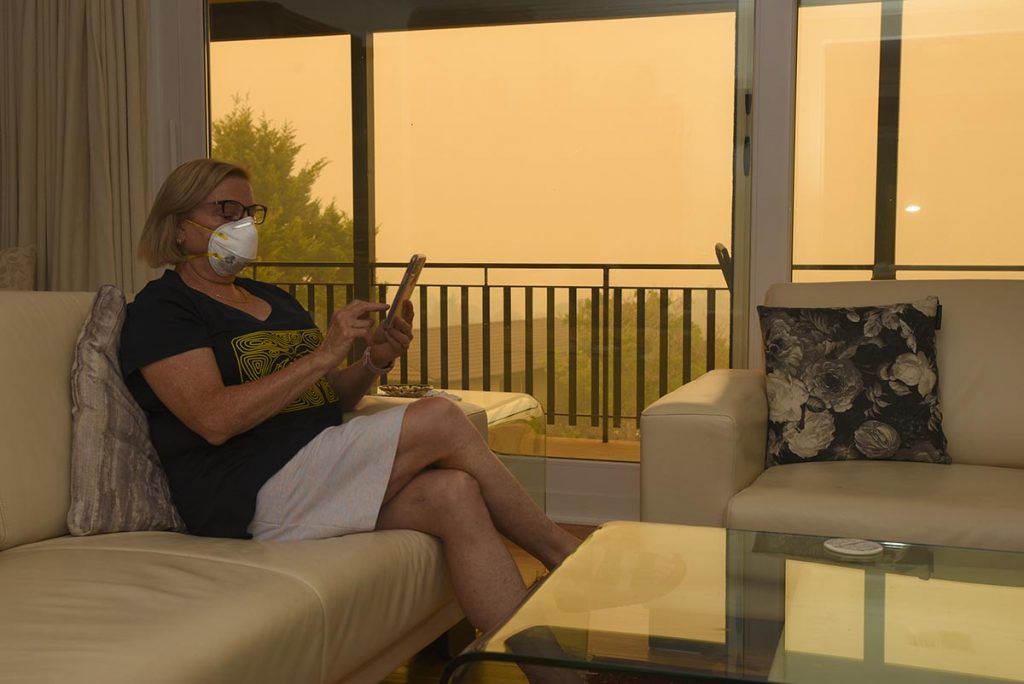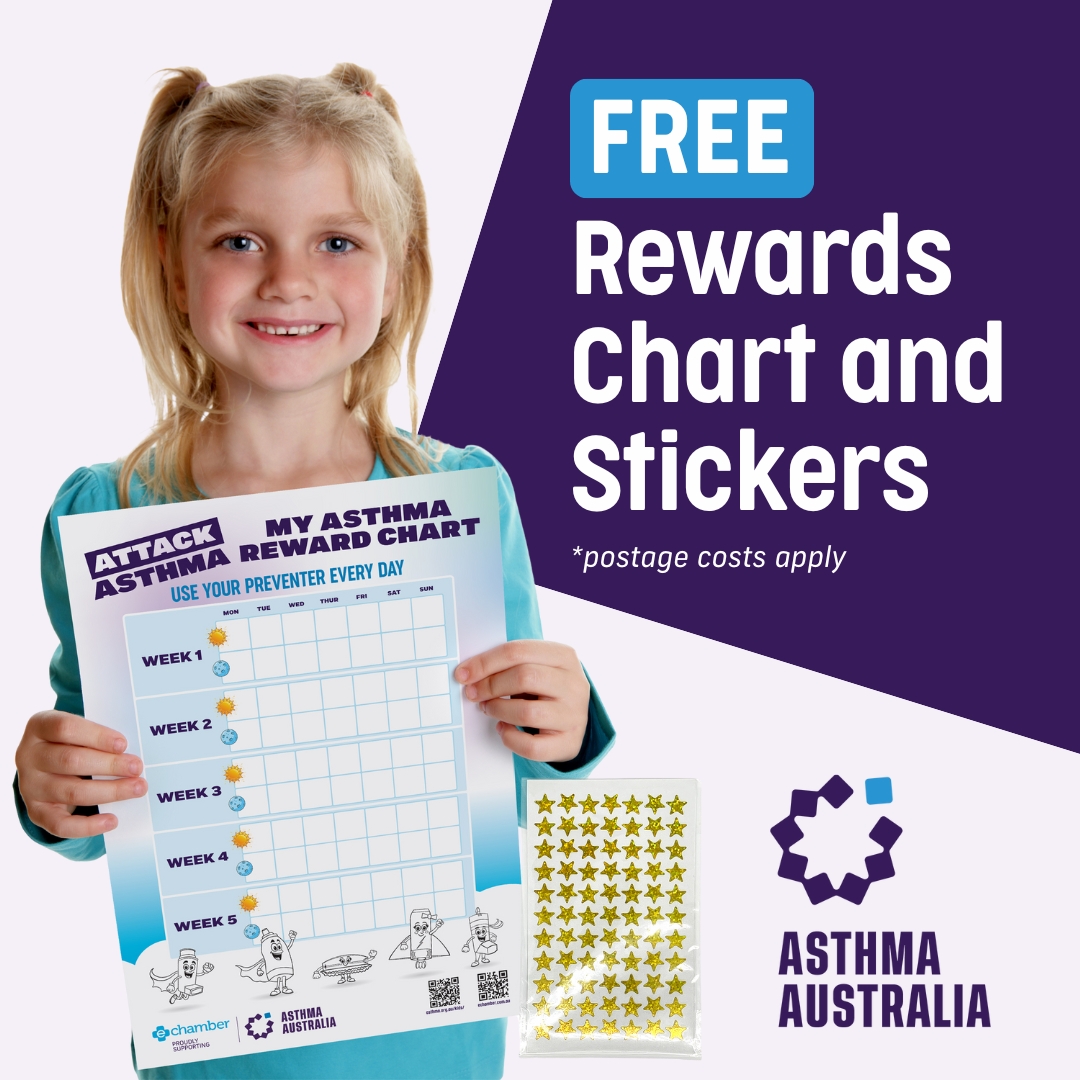Ways to stay protected, prepare and support people at risk

Air pollution doesn’t affect us all equally, and unfortunately it is usually the most vulnerable who are most at risk. These people include our young children who might be playing outside and don’t get a say whether they are exposed or not; people with low incomes that can’t shelter in air-conditioned homes and offices; people living with lung disease, and the elderly. There are also some people like pregnant women and their unborn children, who are vulnerable to poor outcomes from air pollution. With this in mind, air pollution is bad for everyone’s health, and there are things we can all do to protect ourselves, and at the same time, protect those most at risk.
Here are six helpful and supportive things you can do to improve your Air Nutrition from events that cause high levels of air pollution.
- Download the AirSmart App so you can understand more broadly when air is the cleanest and when to avoid going out. Find your state government air quality index website and bookmark it!
- Support your friends and family with asthma to have excellent Air Nutrition. Air pollution can cause harm to their health, cause breathing problems, increase anxiety and affect their overall wellbeing. They need to have excellent Air Nutrition to keep being their best.
- In the workplace, be conscious of air pollution and ways to keep staff protected inside and outside. If someone has asthma, make sure you know, and put a plan in place if conditions deteriorate to protect their Air Nutrition. Get staff trained in Asthma First Aid.
- In schools, be very mindful of students or staff that may need support, clean air spaces and medical help when exposed to air pollution like bushfire smoke. Consider pick up bays where kids aren’t standing next to queuing traffic.
- Prepare a clean air shelter for when air pollution is high outside, or it’s very hot. This could be a room with well-sealed windows and doors, no vents, an air purifier with a HEPA filter and/or air conditioning turned to recirculate. Keep any windows and doors in your home closed while the air quality is poor. Air purifiers and recycle air conditioning can support a clean air zone inside your home. This won’t work if you have an evaporative air conditioner.
- Open your home when the air quality improves. Stay alert to improved air quality and when you can, throw open the windows and doors to let the fresh air in.
If you have asthma or other health condition and are most at risk to the impacts of air pollution, visit our website here for preventative health steps to further protecting yourself.
To learn about air pollution and what causes it:





 1800 278 462
1800 278 462



